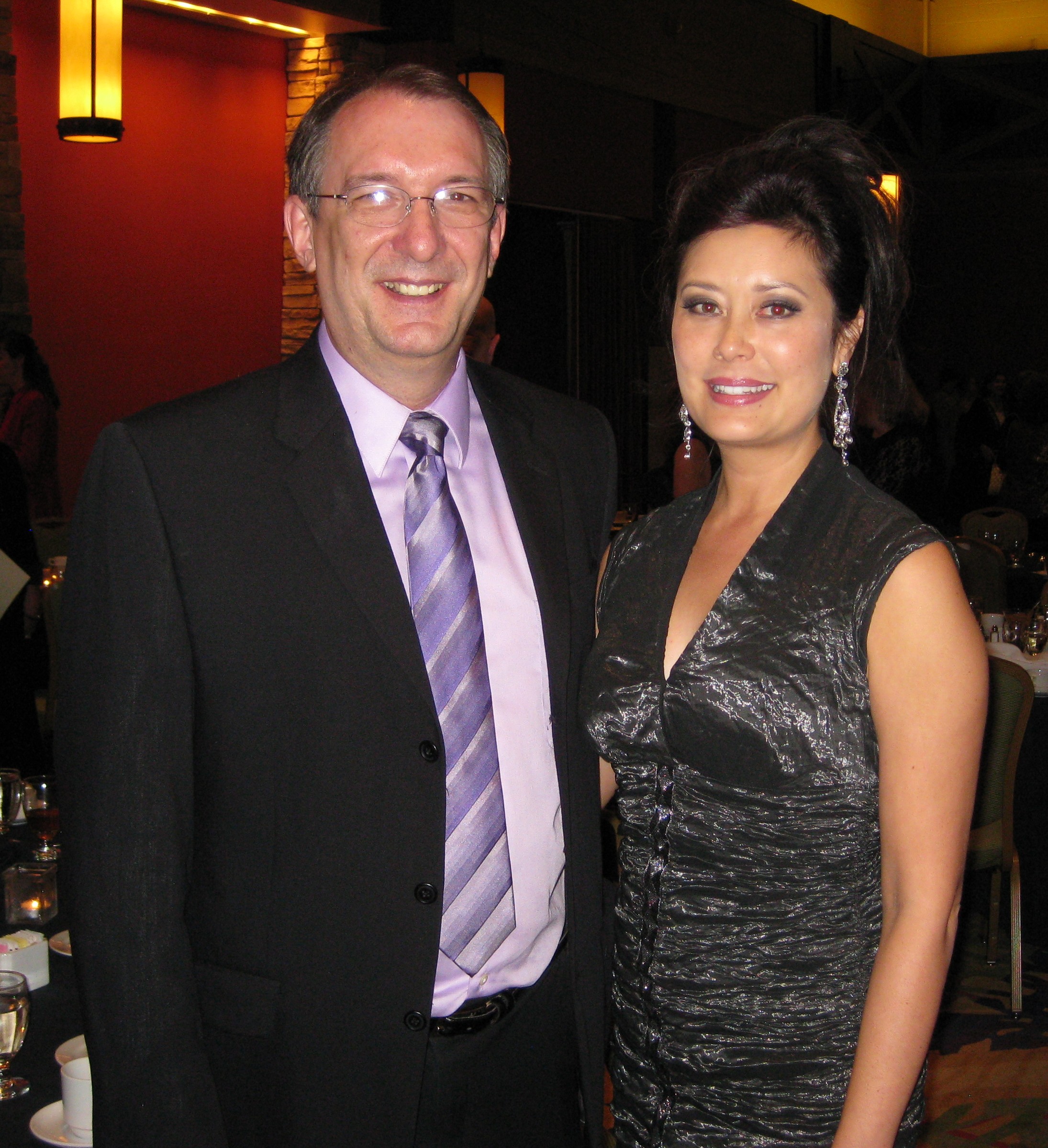Sometimes it is helpful to review publishing terms to make sure we are all talking about the same thing.
The cover of a book invariably will state the author’s name. Every once in a while there are two or more names listed (i.e., Tim LaHaye and Jerry B. Jenkins). The use of “and” or “with” is the code word that tells the reader what type of professional relationship is between these names on the cover when it comes to how the book was written. Each is a “collaboration” but is not identical.
AND
If the names are connected by an “and,” they are co-authors. Each with top billing. They have worked hard to create a book that reflects both of their perspectives on the topic. It is a true collaboration with ideas and writing coming from both co-authors. Sometimes one of them is the writer and the other is the idea person, but it is still collaborative.
WITH
Books that use a “with” connecting the names on the cover mean that the first name is the principal person. It may be their story, their idea, or any number of variations of that. The second name is the writer. They are hired either by the principal person or by the publisher to put the book together.
There are several highly skilled “with” writers in the industry, also known as collaborators, who have a special talent for writing other people’s stories. If you look carefully at the covers of those books you may start noticing the same names on a variety of books, after the “with.”
Note, however, that the principal is the person whose story is being told. But cover credit is given to the writer who has made the story readable.
GHOST
There is a third type of collaboration that is hidden from the reading public. This is where the writer receives no cover credit for their work in writing the book. There are a lot of well-known books that are written by someone who is not credited on the cover. I wish I could rattle off a bunch of titles or author names to “shock” you with the practice. But that would be unfair, and in some cases, we have nondisclosure agreements to prevent that information from getting out. I have worked with organizations with a writer on staff who does the writing of the books for that organization, but the writer does not receive a “with” credit on the cover. It is that person’s “day job” to be the writer because they have the requisite skill-set.
Rather than distract from the intent of today’s post, let’s say that the issue of ghostwriting can be a little controversial. A few claim that it is a form of lying to the public or at least being deceptive. Others find it perfectly acceptable. And, still others draw the line at novels, saying that ghosting non-fiction is okay, but fiction is not.
Let us simply say that it is a fairly common practice for people with tremendous ability as speakers and leaders but who have neither the time nor expertise to write their own books. So they hire someone else to write their books. In essence, they use a contractor to build the book. To carry that metaphor a little further, we might know the name of the Madison Square Garden, but we don’t know the name of the contractor who built it.
If you want fantastic insight into the ins and outs and behind-the-scenes of ghostwriting and collaboration, I highly recommend Cecil Murphey’s Ghostwriting: The Murphey Method (on sale at the link provided).
WARNING
Be very careful before you get involved in any of the above three relationships. Make sure you have the business aspects of your relationship spelled out in a contract. We will not let our clients go very far with a collaboration project unless there is a contractual agreement between the parties. I once saw a friendship dissolve between two writers when the publisher switched the names on the front cover of the book. The person who was now listed second claimed they had written most of the book and should get the primary listing and accused the other writer of engineering the swap of names.
Read a cautionary tale about the need to have things crystal clear in writing from the beginning. I wrote a blog post about the lawsuit between the original people involved with the novel The Shack.



